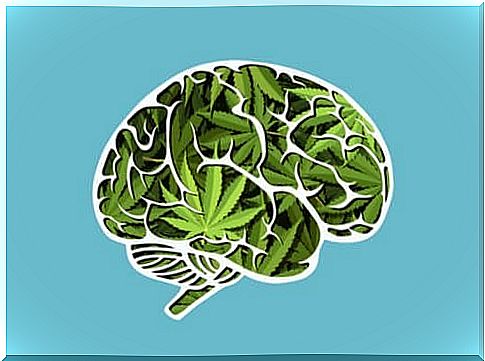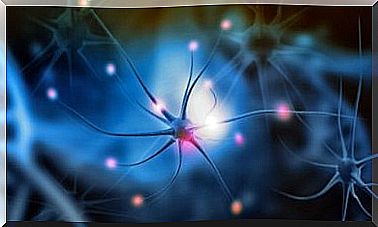The Long-term Effects Of Cannabis On The Brain

The use of cannabis is a controversial topic. There are many studies on the benefits and negative effects of marijuana. More and more countries are also legalizing cannabis. However, many experts question the effectiveness of medical marijuana. What are the long-term effects of cannabis on the brain?
Is marijuana useful as a medicine and are other marijuana drugs useful? Are they harmful?
Cannabis is extremely popular as a recreational drug. However, it is also widely used as a medicine. Essential oils and other cannabis products are popular as a treatment for chronic pain or epilepsy. Still, a new study warns that long-term use of cannabis can cause brain damage.
Long-term use of cannabis can cause brain damage
Scientists from the University of Lisbon in Portugal and the University of Lancaster in England recently conducted a study on the potential dangers of long-term cannabis use. They have published their results in the Journal of Neurochemistry . Their findings indicate that regular use of cannabis can damage memory.
The researchers observed the effect that WIN 55, 212-2 had on the brains of mice. This is a compound similar to cannabinoids. They found that long-term exposure to this substance caused “significant memory impairment”. The mice they studied could not distinguish between a known and a new object.
Before we go any further, however, we would like to clarify something. The term cannabinoids refers to certain chemicals that act on cannabinoid receptors in the body and brain. They have effects similar to those caused by the Cannabis sativa (hemp or marijuana) plant.

The long-term effects of cannabis on the brain
Researchers also used neuroimaging to further investigate the effects of cannabis on the brain. They then saw that this cannabis-derived substance affected the areas of the brain responsible for learning, storage and access to memory.
Chronic exposure to this substance affects the brain even more. It changes the communication between the areas of the brain that drive learning and memory. “Our work clearly shows that long-term ingestion of cannabinoids that are not used for medical reasons negatively affects brain function and memory.” was the position of the researchers.
Ana Sebastião was the study’s lead investigator. She gives the following explanation. “So it’s important that we understand that the same drug can rebalance under certain conditions of disease, such as in epilepsy or multiple sclerosis. However, it can have obvious unbalanced effects in healthy individuals.”
Is it possible to reduce the side effects of medicinal cannabis?
The study’s findings come from a previous study by Sebastião’s team. That study found that one of the long-term effects of cannabis on the brain was that it affected recognition memory. This is the kind of memory that lets you remember familiar people or objects.
The researchers in Sebastião’s first study pointed to a way to compensate for these negative results. A certain medication linked to caffeine may counteract its effects on memory. “These results are very important for the development of pharmacological strategies aimed at reducing the cognitive side effects of currently used cannabinoid-based therapies. They have been proven to be effective against multiple nervous system disorders,” explains Sebastião.

Neil Dawson is co-author of the study. He believes this brings something new to the table. “This work provides valuable new insight into how long-term exposure to cannaboids adversely affects the brain. Understanding these mechanisms is central to understanding how long-term cannabinoid exposure increases the risk of developing mental health and memory problems.”
We conclude with this remark. The long-term effects of cannabis on the brain can therefore be negative. However, scientists are still exploring ways to maximize the benefits of medical marijuana. However, only time will tell if they will be successful.









